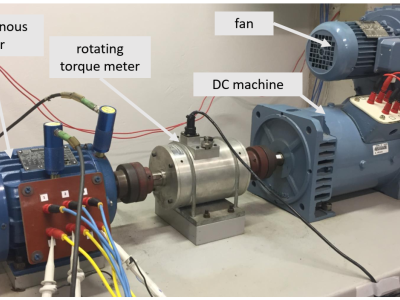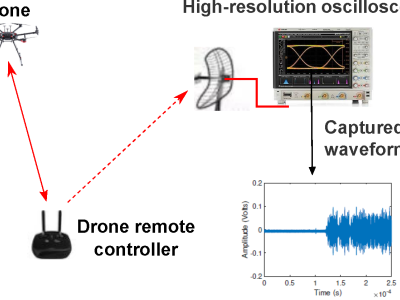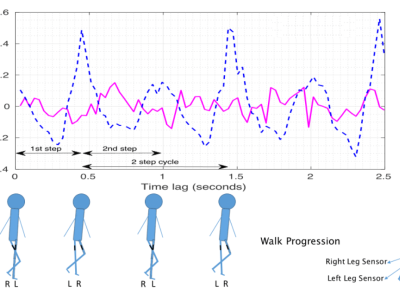Denoising Temperature on Martian Surface dataset

- Citation Author(s):
- Submitted by:
- Sofia zurita
- Last updated:
- DOI:
- 10.21227/ban4-km41
- Links:
 203 views
203 views
- Categories:
Abstract
In the present article we analyze data from two temperature sensors of the Curiosity rover, which has been active in Mars since August 2012. Temperature measurements received from the rover are noisy and must be processed and validated before being delivered to the scientific community. Currently, a simple moving average filter is used to perform signal denoising. The application of this basic algorithm is based on the assumption that the noise is stationary and statistically independent from the underlying structure of the signal, an arguable assumption in this kind of harsh environment. In this paper, we analyze the application of two alternative methods to process the temperature sensor measurements: the Discrete Wavelet Transform (DWT) and the Hilbert Huang Transform (HHT). We consider two different datasets, one coming from the current Martian measurement campaigns, and the other from the Thermal Vacuum data test. These datasets allow to separate the random noise from the interference created by other systems. The experiments show that the moving average filter provides useful results, however, the proposed methods allow a better fitting for all the realistic scenarios and they provide the possibility to identify and analyse other interesting signal features and artifacts. The large amount of data to be processed makes computational efficiency an important requirement in the Curiosity mission. Considering the computational cost and the filtering performance, we propose the method based on DWT as the most suitable for this application.
Instructions:
-files with *RNV*...TAB are the ones that have been used
-open these files and read columns related to the tempeture sensor ( column 28, 29 and 30 for temperature sensor 1 and 35, 36 and 37 for temperature sensor 2)







